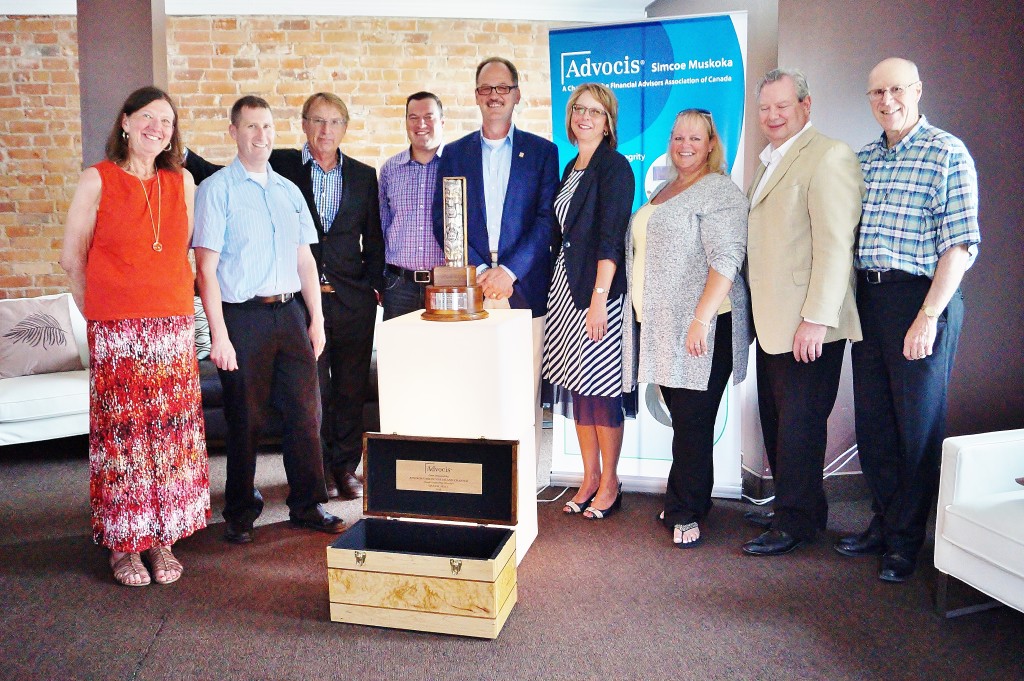 “Advocis’ Simcoe-Muskoka chapter was awarded the 2014 Totem Pole trophy, an achievement that recognizes the chapter’s dedication to raising the bar for financial advisors when it comes to education, ethics and overall professionalism.
“Advocis’ Simcoe-Muskoka chapter was awarded the 2014 Totem Pole trophy, an achievement that recognizes the chapter’s dedication to raising the bar for financial advisors when it comes to education, ethics and overall professionalism.
The chapter says its success is due to the strong commitment of board members; training sessions for the various chapter chairs; an increase in the number of chapter members with such professional designations as the CLU, CFP, and CHS; and strong local involvement with MPP’s and MP’s to increase awareness about key regulatory issues that could impact Canadians’ access to professional financial advice,” wrote by The Insurance and Investment Journal on September 24, 2015.
See the article here
Raymond Matt, CFP, CLU, TEP, CHS